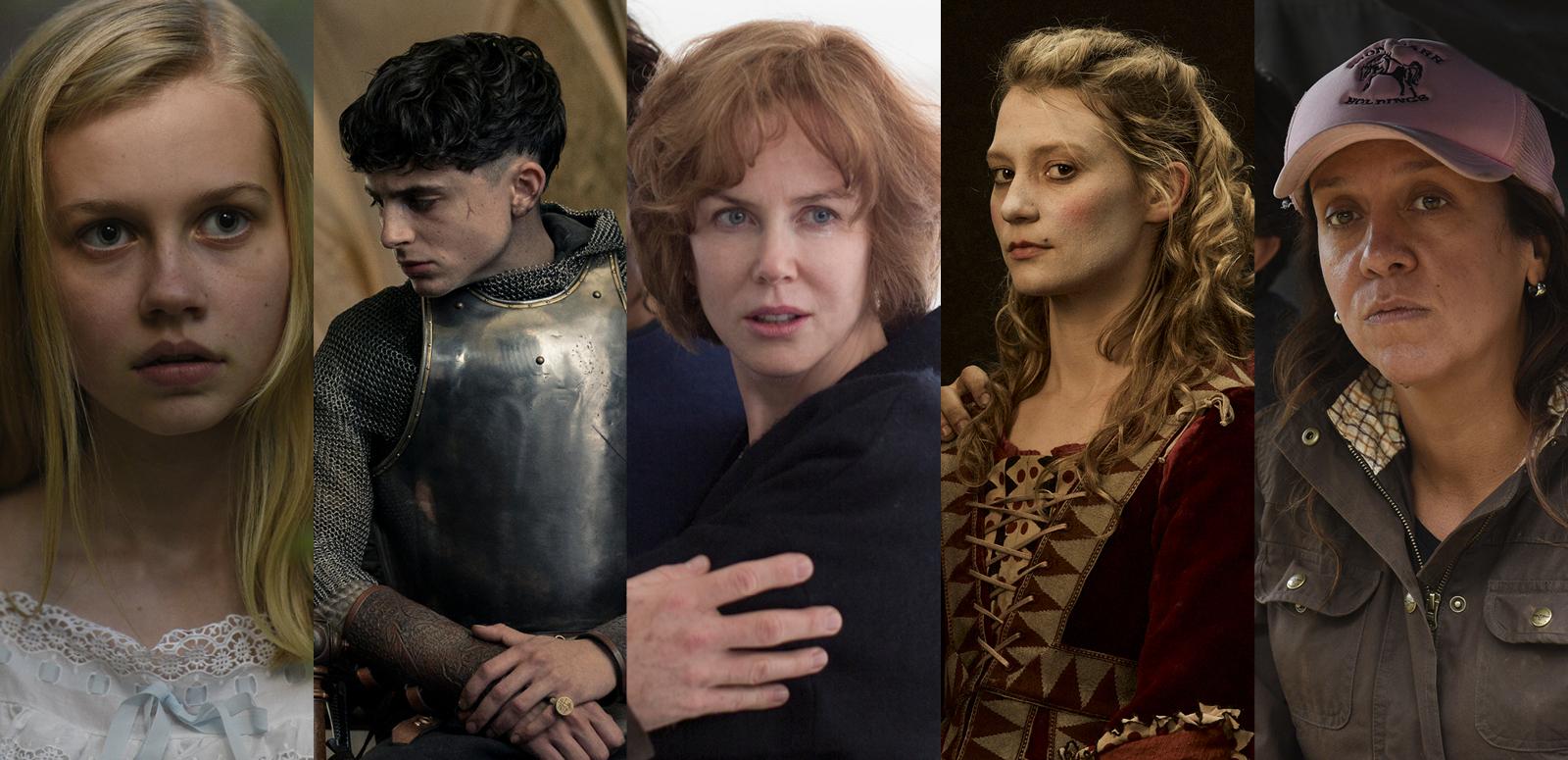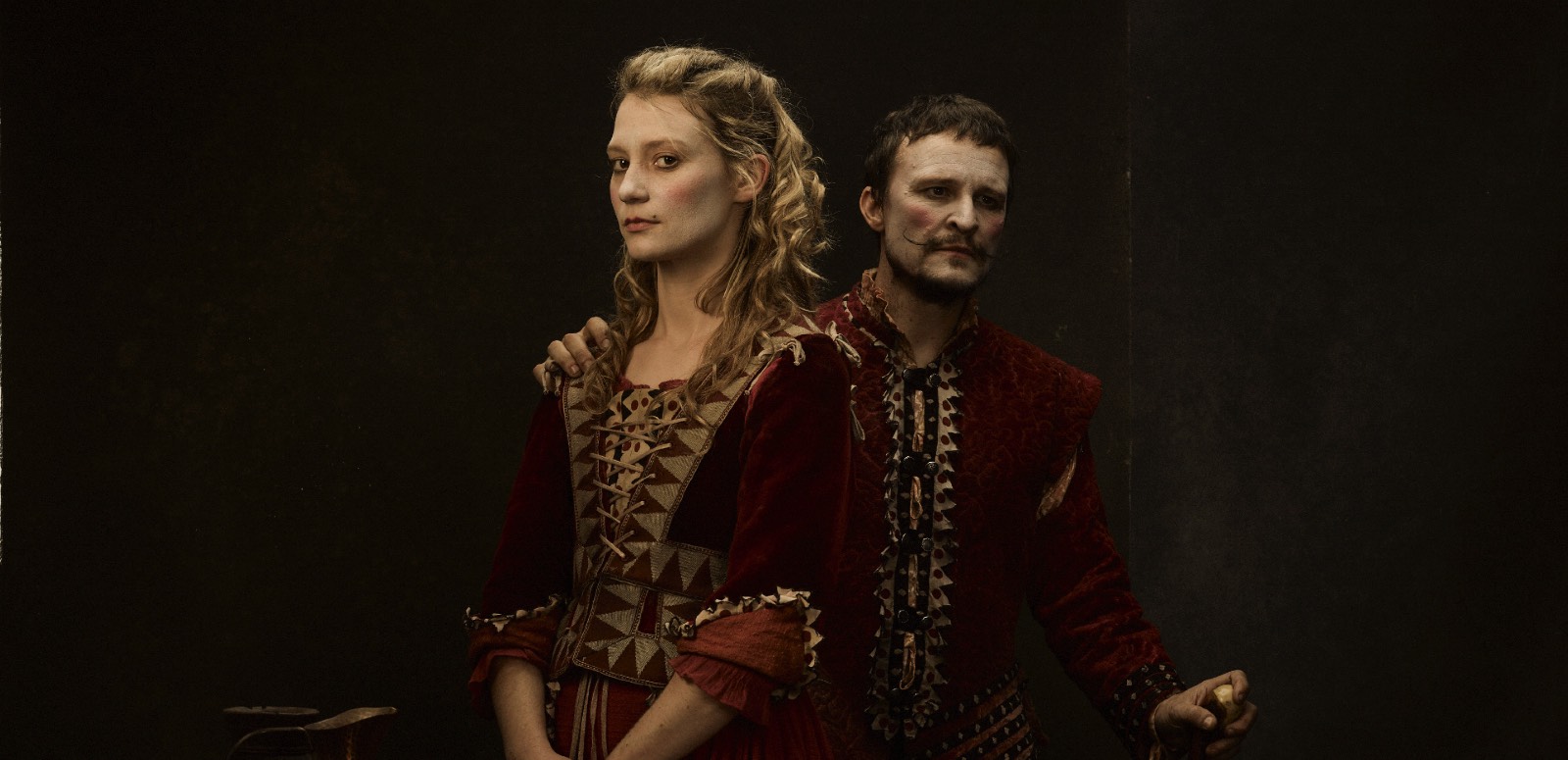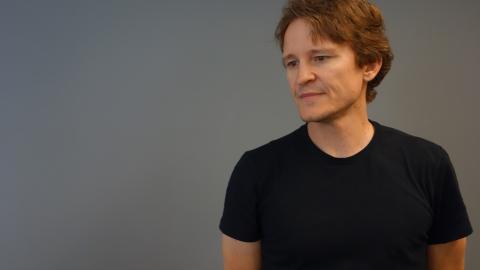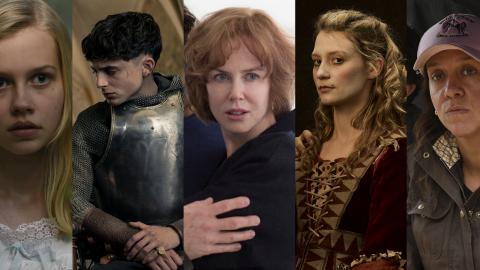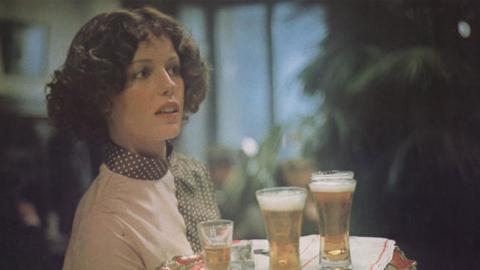NFSA Presents: Inspired is a collection of conversations that dive into the creativity, the inspiration and the success of Australian cinematic talent. Hosted by film journalist Jenny Cooney, the video series complements the exhibition Australians & Hollywood, which was on display at the NFSA from January 2022 to January 2024.

